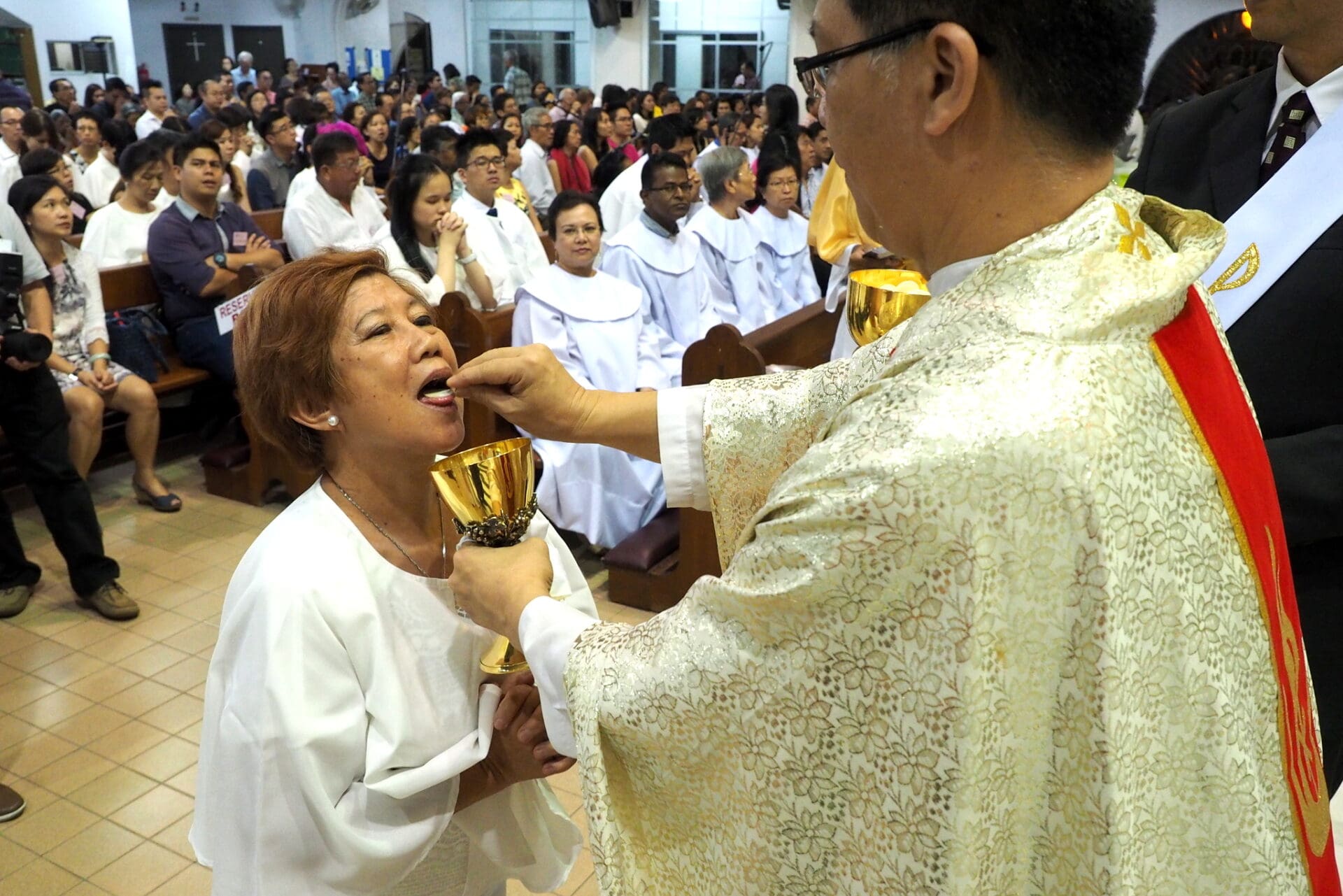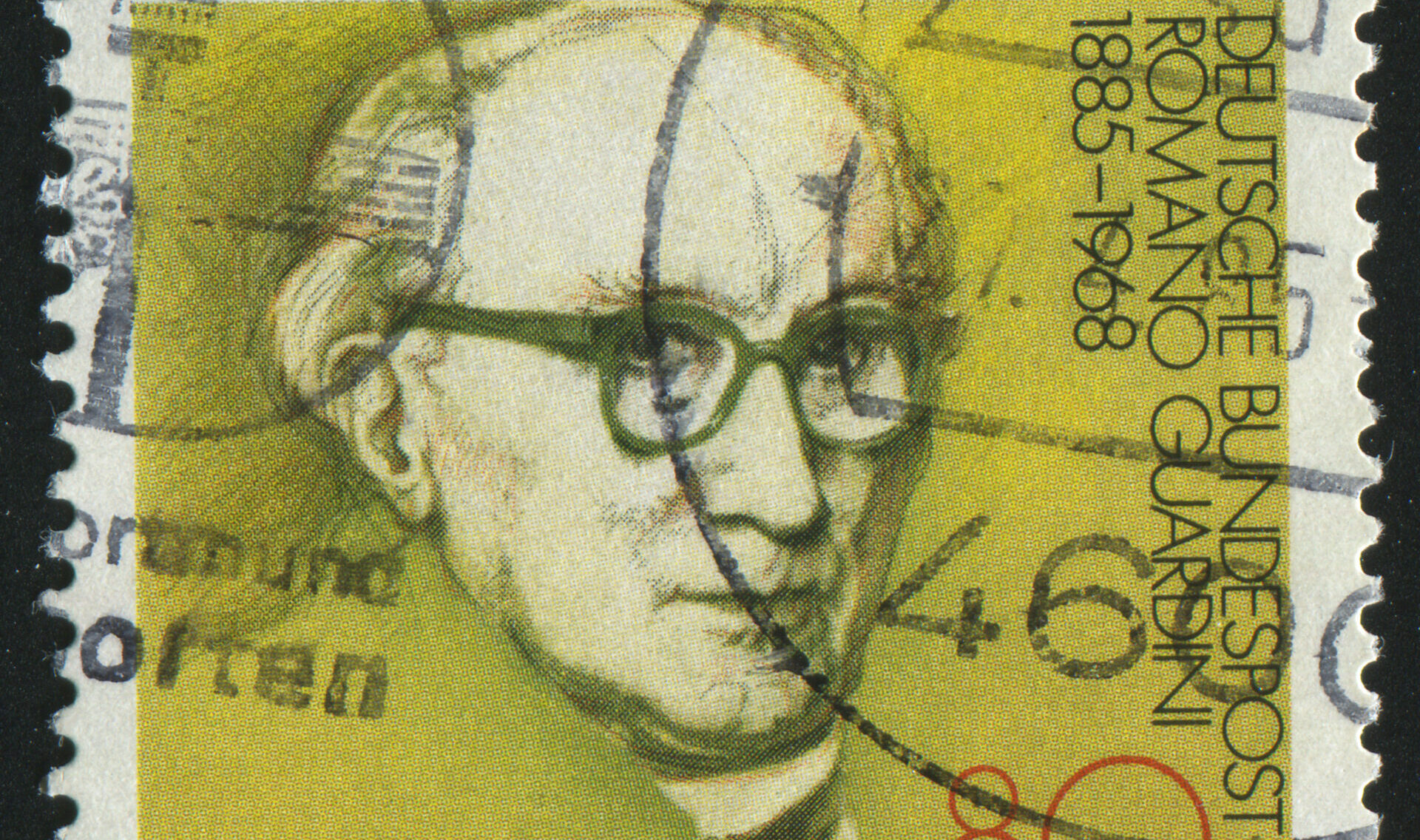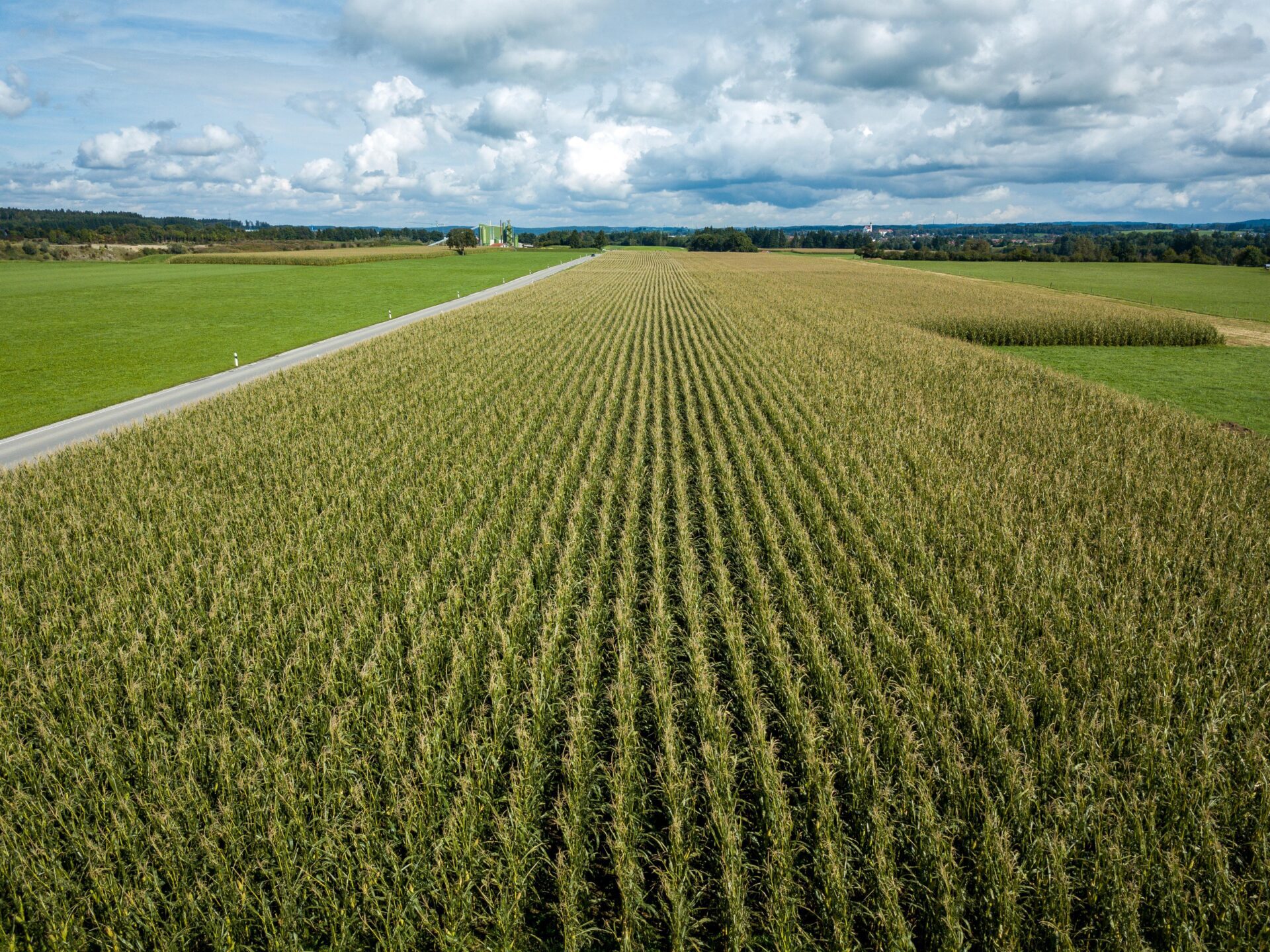A: The General Instruction of the Roman Missal (GIRM) permits the distribution of Holy Communion by intinction and describes how this distribution takes place: “If Communion from the chalice is carried out by intinction, each communicant, holding a Communion-plate under the mouth, approaches the Priest [sacerdotem] who holds a vessel with the sacred particles, with a minister standing at his side and holding the chalice. The Priest [sacerdos] takes a host, intincts it partly in the chalice and, showing it, says, The Body and Blood of Christ. The communicant replies, Amen, receives the Sacrament in the mouth from the Priest [sacerdote], and then withdraws” (287).
Note that only the priest is specified by the GIRM to distribute Holy Communion by intinction. The GIRM typically uses specific terms with regard to the minister when limiting who can perform a specific action, as in the sacerdos giving the homily on Holy Thursday and Good Friday (see Proper of Seasons for Mass of the Lord’s Supper, 9, and Good Friday, 10). Also noteworthy is that in GIRM 286–287 the text shifts from speaking generally about the “minister” of Holy Communion in 286 to the more specific “sacerdos” distributing by intinction in 287. When “The Norms for the Distribution of Holy Communion Under Both Kinds in the Dioceses of the United States of America” (hereafter, “Norms”) deals with the subject of distributing Holy Communion by means of intinction, the U.S. bishops quote verbatim from GIRM 287 (see n. 48 in the “Norms”), without offering a clarification that one might expect if deacons were to be included in this action. Further, when the Congregation for Divine Worship and Discipline of the Sacraments’ Instruction Redemptionis Sacramentum speaks of the distribution of Holy Communion by intinction, it speaks with similar specificity: “the communicant should receive the Sacrament from the Priest [sacerdote]” (103, emphasis added). Both the previous Sacramentary and the proposed translation of the Sacramentary (which was put forward for approval in 1998, but never approved by the then-Congregation for Divine Worship and Discipline of the Sacraments) repeat the same language, specifying that the priest distributes Holy Communion by intinction.
There remains some ambiguity because there is not a text that specifically excludes the deacon. However, because the liturgy usually legislates by specifying what should be done, such norms and rubrics ought to be taken as normative. Even without a text that specifically excludes the deacon from this way of distributing, the consistent and specific reference to the priest in the three instructional texts which speak to this action is compelling. The GIRM, Redemptionis Sacramentum, and “Norms” all specify that intinction be performed by the priest.
—Answered by the Editors
Take the Readers’ Quiz on the Seasons of Advent and Christmas!
You think answering liturgical questions is easy? If so, test your own knowledge on the various aspects of the forthcoming Advent and Christmas seasons online at: https://adoremus.org/christmasquiz/. Will you know the answers to these questions?
- What is the principal reason that Christmas is celebrated on December 25?
- Why does the beginning of Advent change each year?
- Is it correct to describe the Advent season as a kind of “mini-Lent”?
- Why are there no readings or prayers for Saturday of the Third Week of Advent?
- What are the restrictions (if any) on playing the organ and other instruments during Advent?
- Do the liturgical books give any direction on the placing of the Nativity scene in the church building?
- What Holy Days of Obligation occur during the Advent and Christmas seasons?
- How many Mass settings are there for the Solemnity of the Nativity?
- Which Advent or Christmas liturgy mentions “the one hundred and ninety-fourth Olympiad”?
- When does the Christmas season conclude?
Do you know the answers to these liturgical questions? Find out at https://adoremus.org/christmasquiz/.


